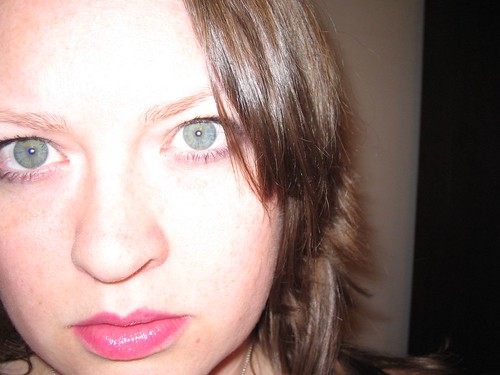
Generation Me, by Jean M. Twenge (2007)
Finally, something a bit more substantive! I read this one for a book discussion on campus, which I always like. Honestly, Twenge, who's around my age, kind of lost me with some really broad generalizations that didn't ring at all true to me. Some of my fellow discussors (discussioners? discussion members?) seemed to agree.
I lent my copy to Rick, so I don't have it on hand to find examples I can point you toward. Basically, I disagreed with the entire premise that the kids just now graduating from college and those coming out of high school have a bleaker work outlook that people my age, for example. Remember the early 90s? I'm not going to argue that I walked uphill both ways, but let's acknowledge that late adolescence and early adulthood are really difficult and transitional times, and always have been. I'm thinking of my grandparents and what they had to look forward to at that age, namely the tail end of the depression and World War II.
The other thing that really bugged me was Twenge's heavy reliance on pop culture, which she frames as evidence. No. I watched Dawson's Creek, too, but I wouldn't use one conversation between Dawson and Joey as some kind of revelation about teen hopelessness. Sure, pop culture is a reflection of our society (and sometimes that reflection turns back on itself in truly scary and meta ways), but surely there's some real evidence that could shore up what I would call cute illustrations of phenomena.
Still, I liked reading Generation Me. It made me angry and I often disagreed, but it made me think. It was also the object central to one of the best discussions I've been part of here on campus. Lots of people are critically examining the experiences of our students and working hard to improve their opportunities for learning and future success. So, it was pretty cool to read this and talk about it with smart, interested people.





